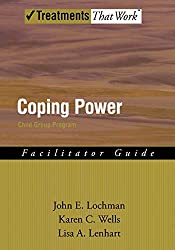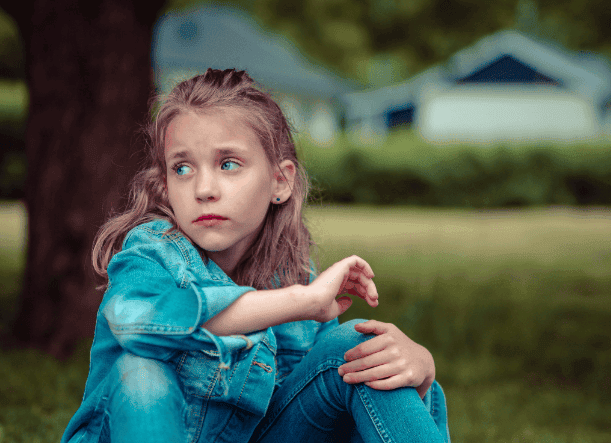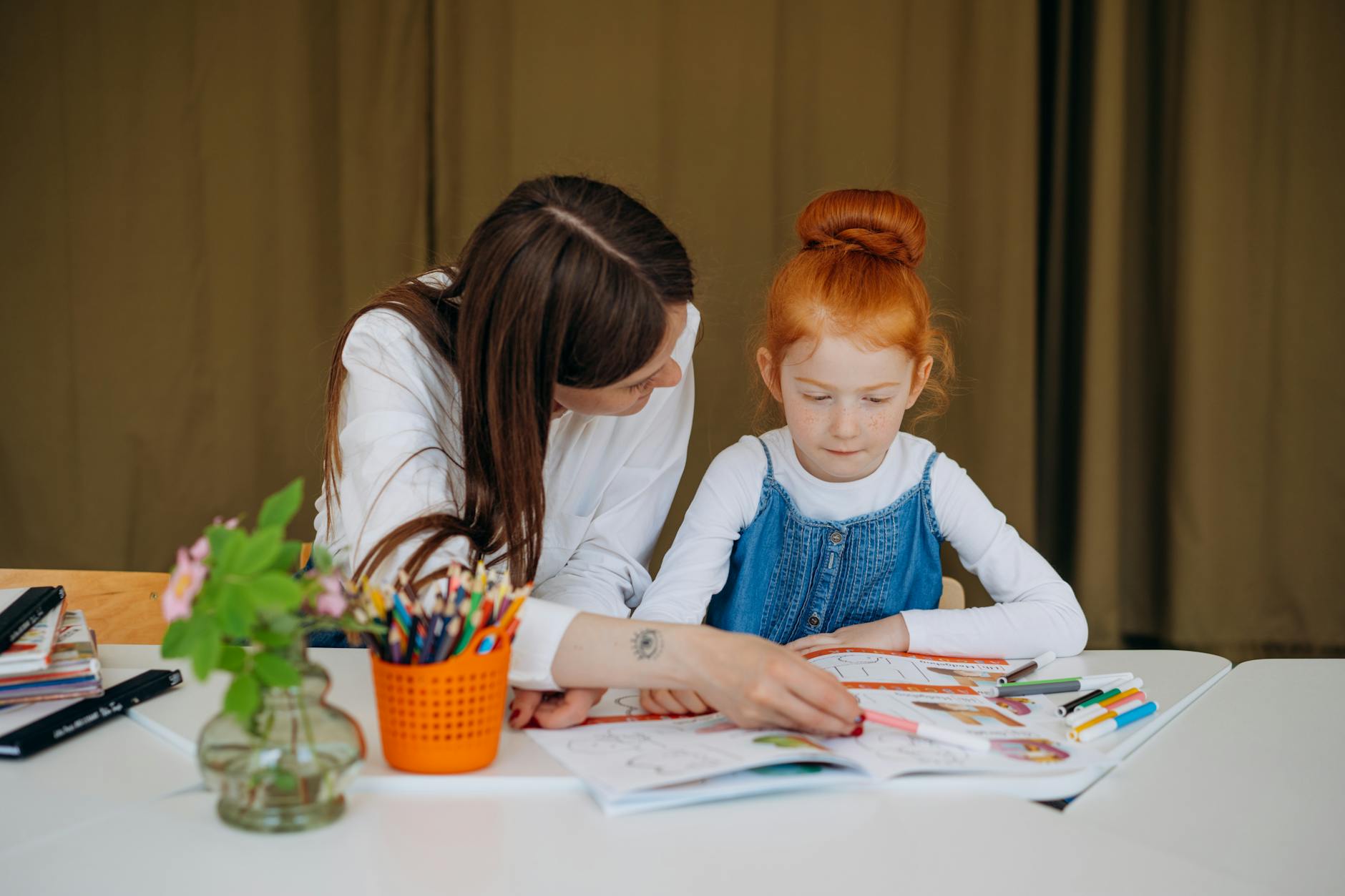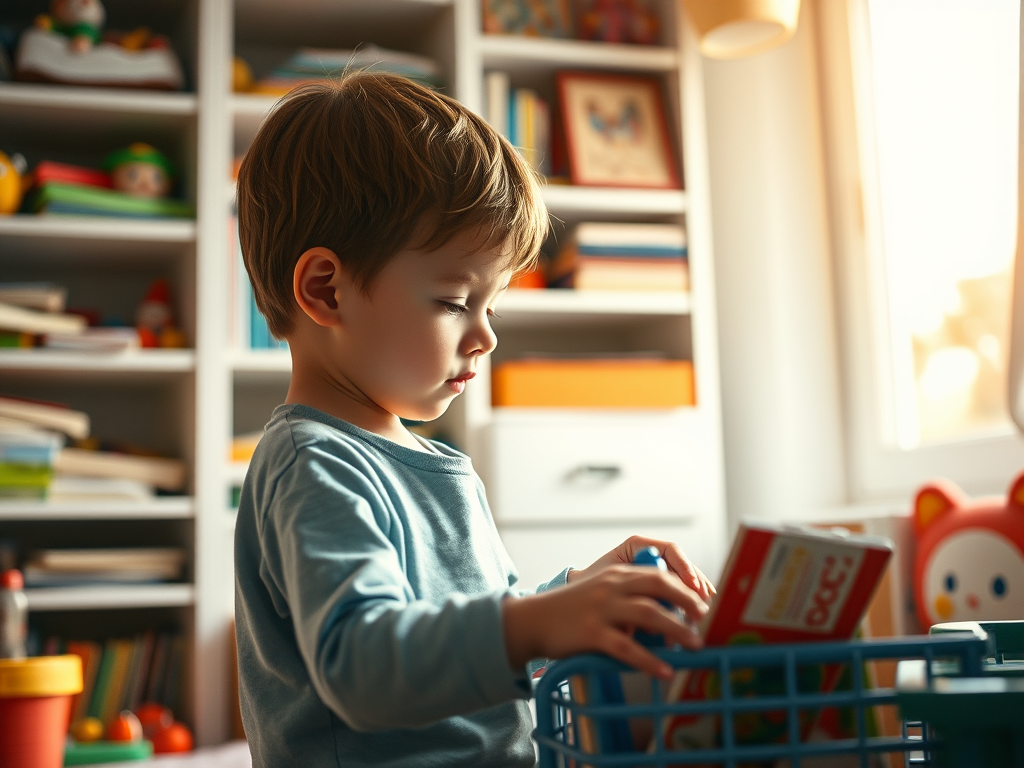3 Research-Based Social-Emotional Learning Programs

|
Getting your Trinity Audio player ready...
|
As a school psychologist, I often work with teachers and parents who ask for recommendations to support students with social-emotional difficulties. (e.g., challenges related to social skills, emotional regulation, self-control, confidence, etc.).
While reading about social-emotional learning, I came across three research-based programs:
- the Coping Power Program
- Caring School Community
- the Positive Action Program
Each program aims to help youth improve social-emotional skills.
See more details below.
Three Research-Based Social-Emotional Learning Programs
1. The Coping Power Program
Coping Power is based on an earlier program called Anger Coping Power program.
Coping Power emphasizes social and emotional skills that are needed during the transition to middle school. The program incorporates child and parent components.
The child component consists of thirty-four 50-minute group sessions and periodic individual sessions over the course of 15–18 months, although the program can be shortened to fit into a single school year.
Lessons focus on goal setting, problem-solving, anger management, and peer relationships.
The parent component contains 16 group sessions and periodic individual meetings.
Lessons support the child component of the program and address setting expectations, praise, discipline, managing stress, communication, and child study skills.
2. Caring School Community
Caring School Community™ (CSC) is a multi-year school improvement program that involves all students in grades K–6.
The program aims to promote core values, prosocial behavior, and a schoolwide feeling of community.
CSC consists of four elements: class meeting lessons, cross-age “buddies” programs, “homeside” activities, and schoolwide community.
Class lessons in CSC provide teachers and students with a forum to get to know one another, discuss issues, identify and solve problems together, and make a variety of decisions that affect classroom life.
Cross-age buddies activities pair whole classes of older and younger students for academic and recreational activities that build caring cross-age relationships and create a schoolwide climate of trust.
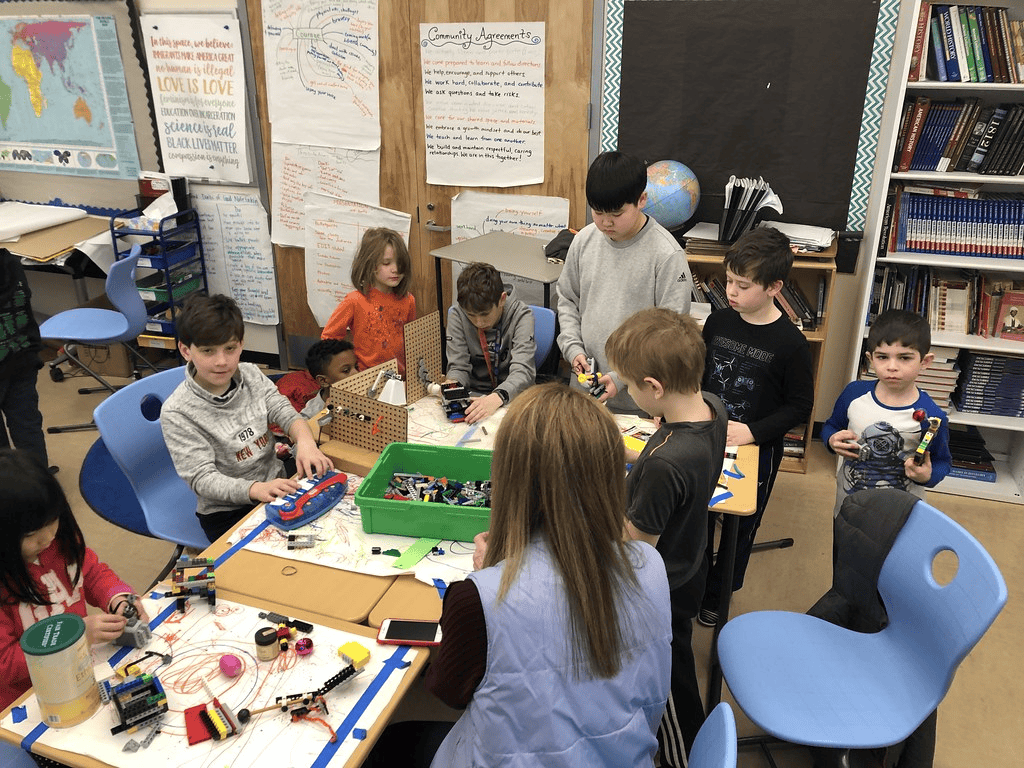
Teachers ask students to complete short conversational activities at home (homeside activities) with their parents/caregivers. They also ask students to discuss the outcome of those activities back in the classroom.
Homeside activities aim to promote interpersonal understanding by incorporating perspectives, cultures, and traditions from families.
Schoolwide community-building activities bring students, parents, and staff together to create new school traditions.
Caring School Community Research
3. The Positive Action Program
Positive Action, a K–12 program, aims to promote character development, academic achievement, and social-emotional skills and to reduce disruptive and problem behavior.
The Positive Action Program is based on the philosophy that you feel good about yourself when you think and do positive actions, and there is always a positive way to do everything.
The curriculum includes six units (some grades have a review for a seventh unit). Scripted lessons include classroom discussions, role-plays, games, songs, and activity sheets or text booklets.
Optional components include:
- developing school climate
- drug education for fifth-grade and middle school
- conflict resolution; counselor, parent, and family classes
- community/coalition components
Education and Behavior – Keeping Adults On the Same Page with Research-Based Strategies for Kids!

